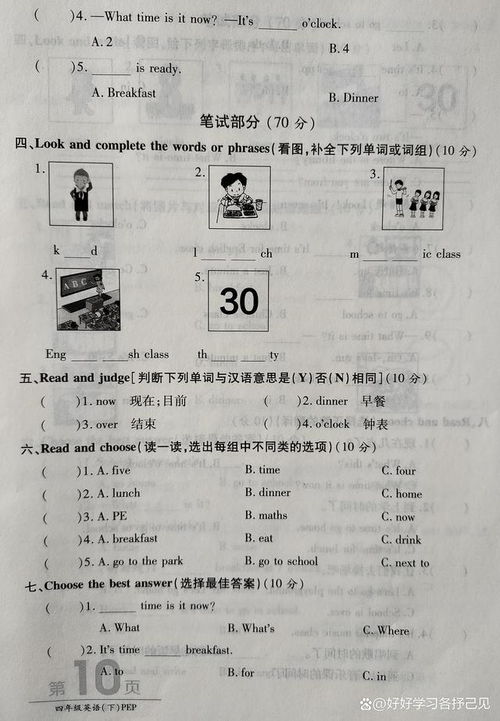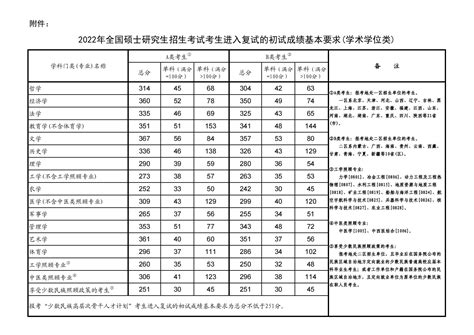Title: Mastering Unit 2 of the English Postgraduate Entrance Exam
Section A: Reading Comprehension
1. Reading Passage
The second unit of the English postgraduate entrance exam often focuses on reading comprehension. This section typically includes several passages followed by questions to test your understanding of the text. Here are some tips to excel in this section:
Skim the Passage:
Before diving into the questions, quickly skim through the passage to get a general idea of the content, main arguments, and structure.
Identify Main Ideas:
Pay attention to topic sentences, headings, and any repeated phrases or ideas. These often indicate the main points of each paragraph or section.
Focus on Details:
While answering questions, refer back to the passage for specific details and evidence to support your answers.
Understand Vocabulary in Context:
If you encounter unfamiliar words, try to infer their meanings based on the surrounding text.
Practice Time Management:
Allocate your time wisely among the passages. Don't spend too much time on any single passage or question.2. Sample Questions
Let's practice with a sample passage and questions:
*Passage:*
The Importance of Environmental Conservation
Environmental conservation is crucial for the wellbeing of our planet and future generations. It involves protecting natural resources, reducing pollution, and preserving ecosystems. Conservation efforts not only benefit wildlife but also contribute to human health and sustainable development.
*Questions:*
1. What is the main focus of environmental conservation?
2. Why is environmental conservation important?
3. Provide one example of a conservation effort.
Section B: Vocabulary
1. Vocabulary Expansion
Expanding your vocabulary is essential for success in the English postgraduate entrance exam. Here are some strategies to enhance your vocabulary:
Read Widely:
Expose yourself to a variety of texts, including academic articles, newspapers, and literature. Pay attention to unfamiliar words and look up their meanings.
Use Flashcards:
Create flashcards with new words and their definitions. Review them regularly to reinforce your memory.
Contextual Learning:
Learn words in context by reading sentences or paragraphs where they are used. This helps you understand how words are used in different contexts.
Practice with Word Games:
Engage in word games and puzzles, such as crosswords or word searches, to make learning vocabulary more enjoyable.2. Sample Exercise
Let's try a vocabulary exercise:
*Word:* ubiquitous
*Definition Options:*
a) rare
b) common
c) temporary
d) insignificant
*Choose the correct definition.*
Section C: Writing
1. Essay Writing
Essay writing is a critical component of the English postgraduate entrance exam. To write a successful essay, follow these guidelines:
Understand the Prompt:
Carefully read the essay prompt to ensure you understand what is being asked of you.
Plan Your Essay:
Take a few minutes to outline your essay, organizing your ideas logically before you start writing.
Introduction, Body, Conclusion:
Structure your essay with an introduction that introduces your topic, body paragraphs that present supporting evidence and arguments, and a conclusion that summarizes your main points.
Use Evidence:
Support your arguments with evidence from the passage or your own knowledge and experiences.
Proofread:
Take time to review and edit your essay for grammar, punctuation, and coherence.2. Sample Prompt
*Prompt:*
Discuss the impact of technology on society.
Conclusion
Mastering Unit 2 of the English postgraduate entrance exam requires diligent practice and a comprehensive understanding of reading comprehension, vocabulary, and essay writing. By following these tips and practicing regularly, you can improve your skills and increase your chances of success on the exam.











